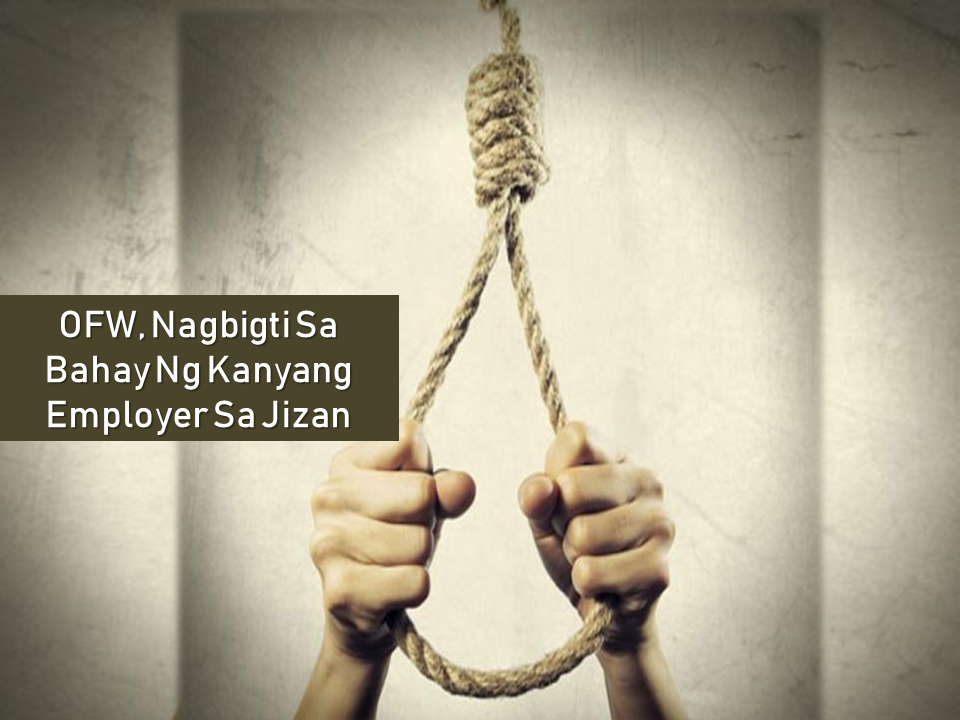A new regulation in Kuwait on household workers about to affect expatriates from more than 30 countries including Filipino household service workers (HSW) deployed in the Gulf country.
Ads
Sponsored Links
The Ministry of Interior’s General Directorate of Residency Affairs has demanded citizens and residents to make new medical checkup to their domestic workers as soon as they returned from abroad. The Directorate identified workers from over 30 nationalities as being affected by the new regulation.
In a press statement, the Ministry’s Public Relations and Security Media Department noted that the decision was taken upon a recommendation from the Ministry of Health. Sponsors of the domestic workers have to visit the Public Health Department of the Health Ministry to conduct the medical tests for their maids once they come back, emphasized the ministry.
It pointed out that domestic workers from the following countries are affected by the new regulation: Ethiopia, Gambia, Guinea, Central Africa, Uganda, South Africa, Guinea- Bissau, Senegal, Eritrea, Djibouti, Kenya, Somalia, Sudan, Democratic Republic of Congo, Mali, Cameroon, Benin, Zambia, Malawi, Philippines, Burkina Faso, Zimbabwe, Namibia, Congo, Bangladesh, Côte d’Ivoire, Nigeria, Niger, Thailand, Sierra Leone, Tanzania, Nepal, Chad, Ceylon, Myanmar, India, Togo, Ghana and Madagascar.
Filed under the category of Kuwait, household service workers (HSW), Filipino, expatriates, Gulf
Ads
©2018 THOUGHTSKOTO






